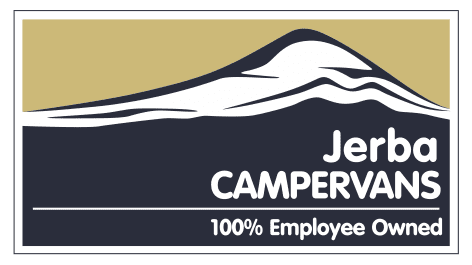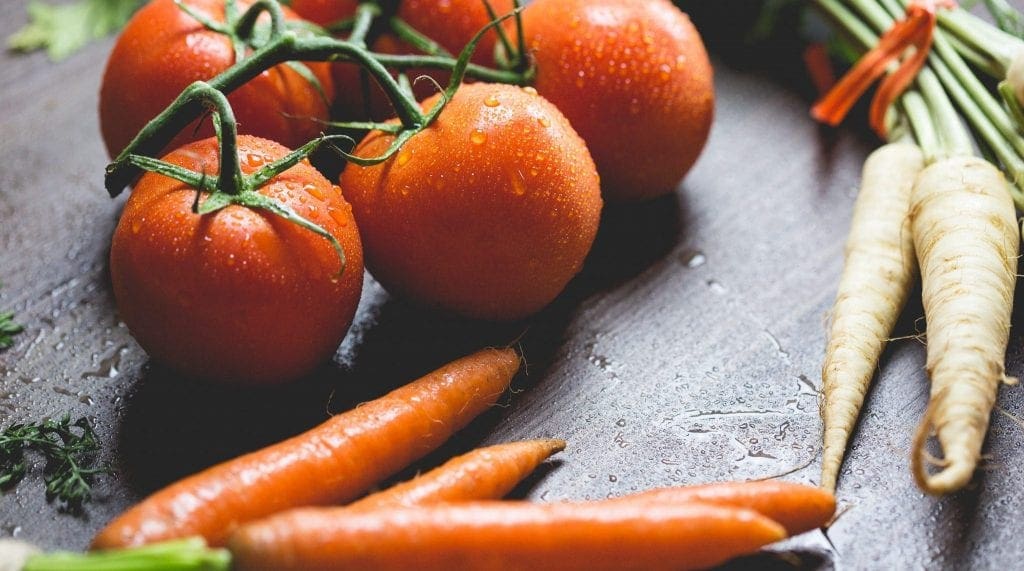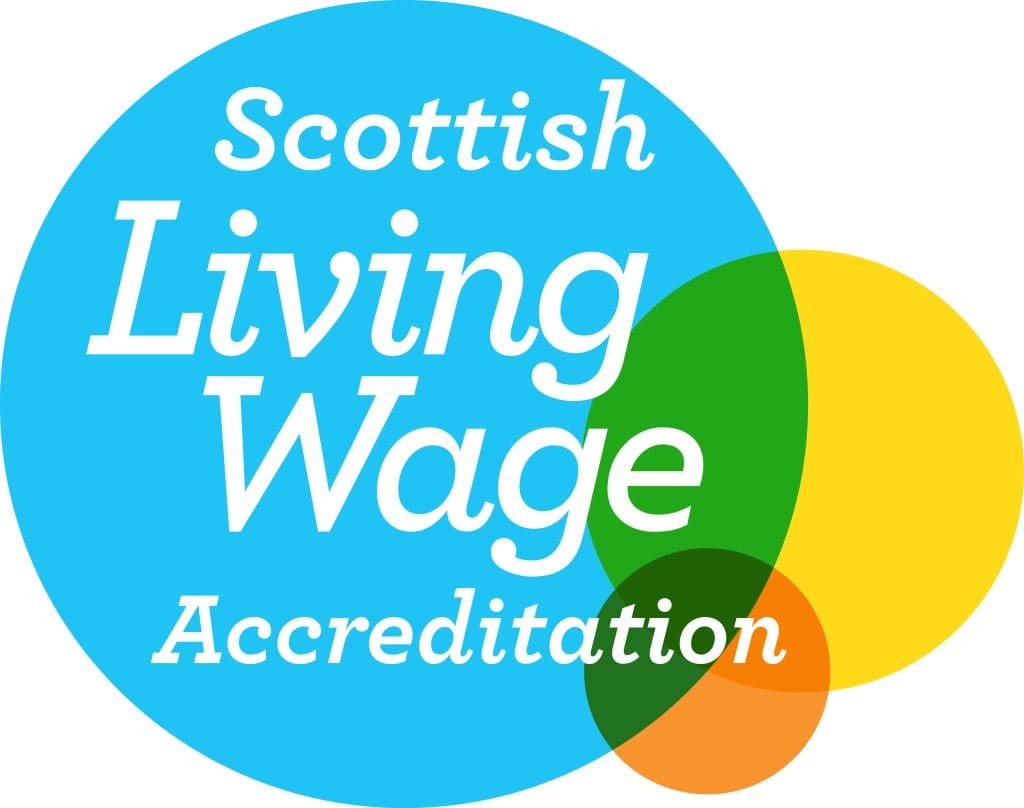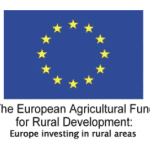We always try to encourage people to think local and whenever possible to buy local too. If we all support local economies then campervanners are always more likely to be welcomed with open arms!
By choosing to buy locally you will also tend to eat more sustainable locally grown foods which are often fresher and healthier too. Here are 5 key ways that you can easily increase your sustainability when purchasing and eating local food when you are out in your camper van.
1. Buy Local and Seasonal Foods
Buying locally helps to protect the local economy, if you also buy foods that are in season this will help to minimise the energy used in food production, transportation and storage. For example, buy root vegetables in the winter and then salads in the summer months.
2. Reduce Food Waste
By buying locally you will also be more likely to reduce your waste as supermarkets often have lots of unnecessary packaging on their products. If you also purchase seasonal foods there won’t be as great a need for packaging to preserve foods during transportation from other countries. You should also try not to waste food products as a lot of natural resources are used to produce, transport and store that food. Try not be tempted to discard food when leaving your campsite or out walking as it can take much longer to decompose than you would think. For example, Keepbritaintidy.org highlighted that an orange peel and a banana skin can take up to 2 years to biodegrade! So try to make sure you leave no trace to ensure a beautiful experience for the next person.
3. Grow Your Own Ingredients
You can grow simple ingredients such as herbs and vegetables in your garden and then just before you leave grab some fresh food from the garden and pop them in your fridge to take with you. You can also use homegrown ingredients to make convenience foods that you would end up purchasing from a store; for example, pesto or tomato sauce.
4. Ensure Fish is from a Sustainable Source
With a little prior research into what fish is sustainable and not at risk of over fishing then you can ensure that generations to come will be able to enjoy the seafood we have today. If you purchase fish from a local fish monger, they should be able to give you information of where and how the fish was caught. Furthermore, another important point is that by being sustainable in other aspects of the food system such as limiting food waste and not littering, our rivers and seas will be less polluted, and we will be able to protect the creatures living there.
5. Choose Fair Trade products
Whilst buying locally also consider foods that are Fair Trade Certified, this ensures that you can enjoy your food knowing that not only has the original farmer received a fair price for his produce, but the local shop is happy too!
















